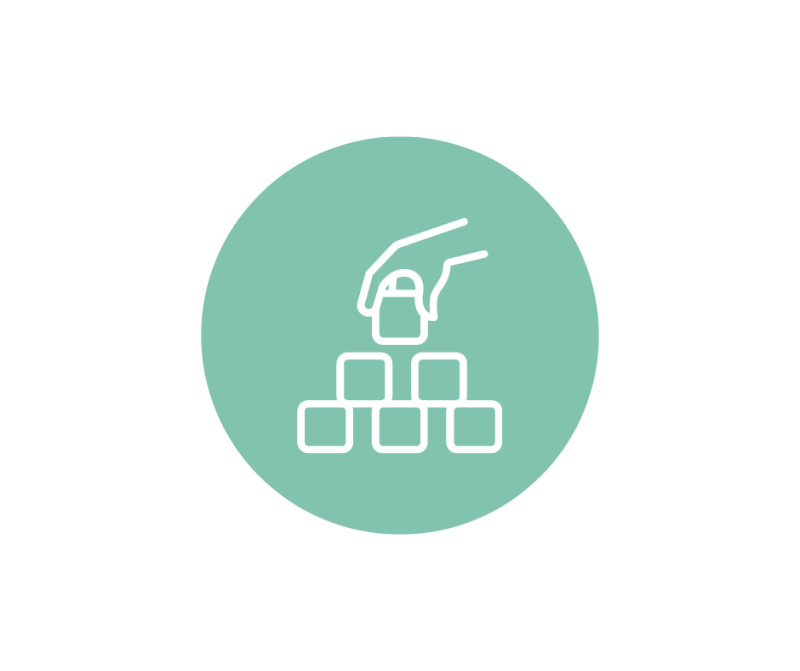Socio-emotional Skills Development Hub
The Socio-emotional Skills Development (SESD) resource hub holds a series of ideas, activities, and resources designed to help facilitate SESD in your work with young people.
Supporting young people to become thoughtful, responsible, caring, and productive members of society is as old as education itself. The Ancient Greeks had much to say on the formation of character and behaviour; fast forward to the early 1990s and we start to see these ideas in an emerging discourse on socio-emotional learning, and its relevance in education settings. More recently links between formal education and non-formal/informal education have extended the context in which we think about SESD. This is where we pick up the baton as we start to think about why and how practitioners working with young people outside of formal education should be more engaged.
How to use the hub:
The resources in this hub are designed to complement our Socio-emotional Skills Development (SESD) online training programme.
We recommend you work through the resources in order, like a mini course, but free to dip in and out if you find that more helpful.
A quick internet search of socio-emotional skills will provide you with pages of models, which broadly cover the same themes. The resources in this hub have been collated from different organisations, sectors and countries giving you a sense of the breadth of the field. The resources are both theoretical and practical, and align with the College’s SESD model which focuses on six domains; emotion management; empathy; initiative; problem solving; responsibility; and teamwork.
Each section contains five articles with a brief introduction and a reflective activity for each article.
The articles have been selected to both deepen your understanding of SESD, and introduce a wider range of subjects/approaches that inform our understanding of SESD. You will also note that we sometimes use the phrase 'socio-emotional skills development (SESD)', and sometimes we talk about 'social-emotional learning (SEL)'. The main reason for this distinction is to reflect the different ways in which organisations articulate their practice, and for the purposes of this resource hub, we use the terms interchangeably.




